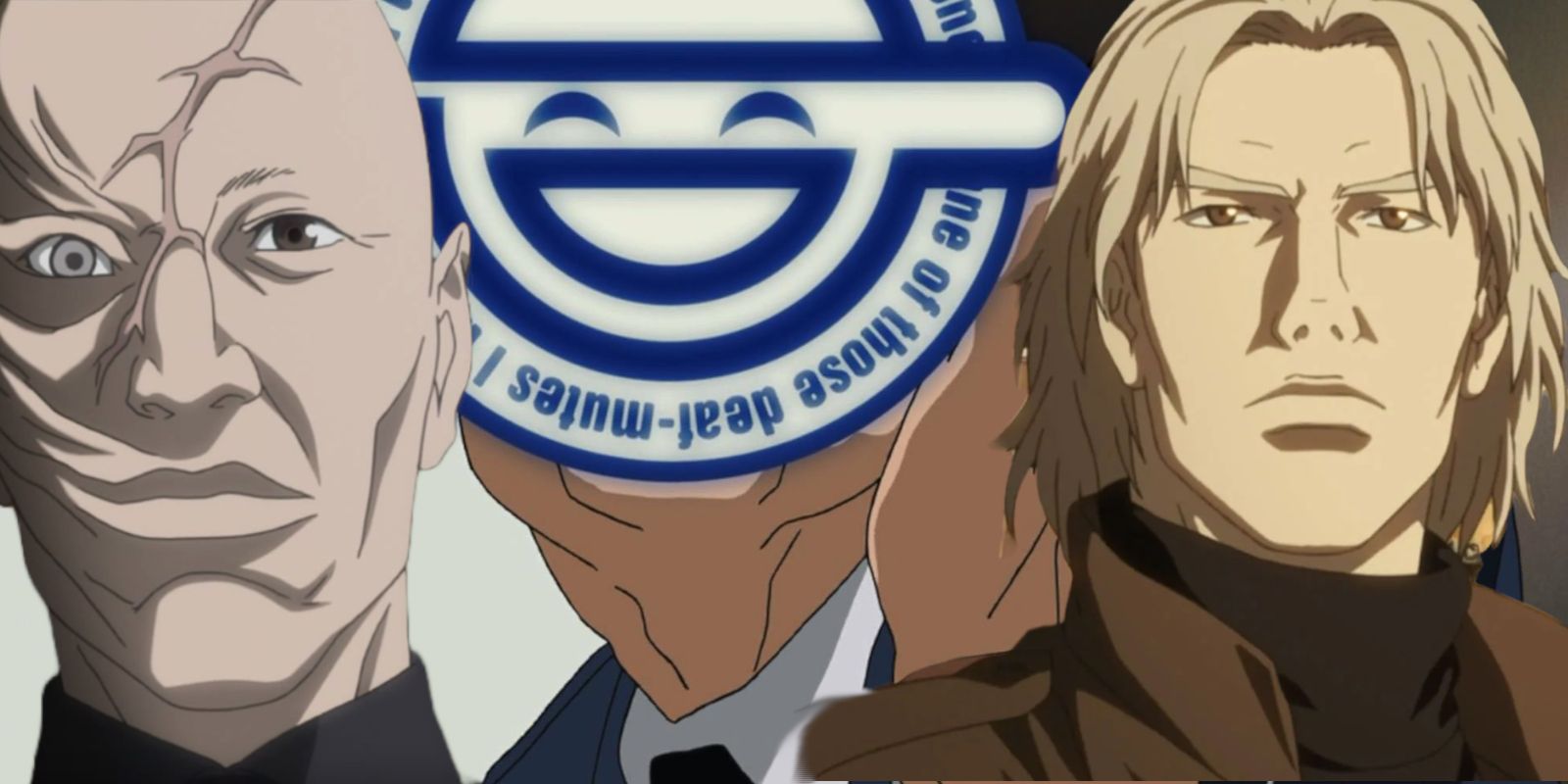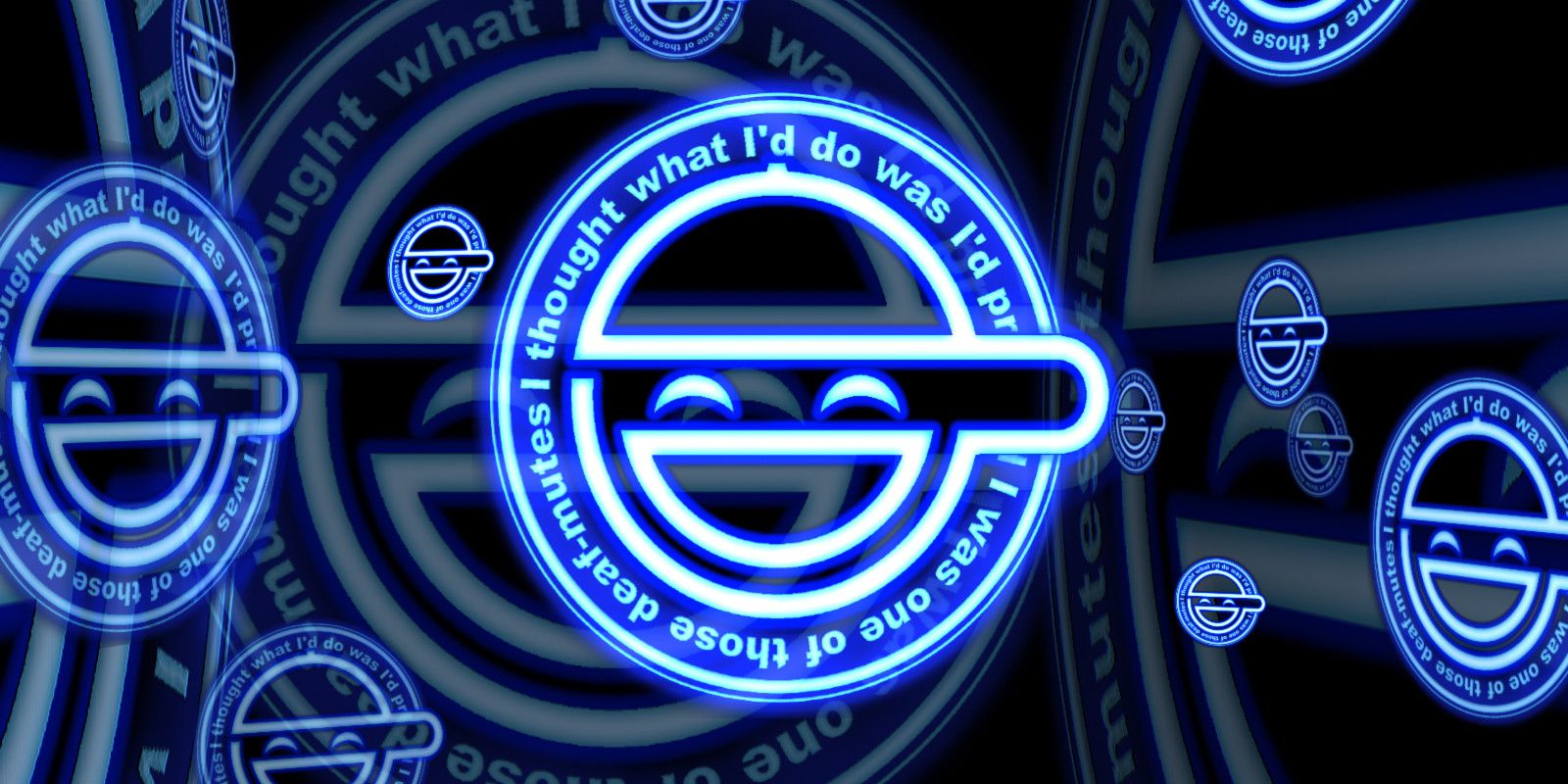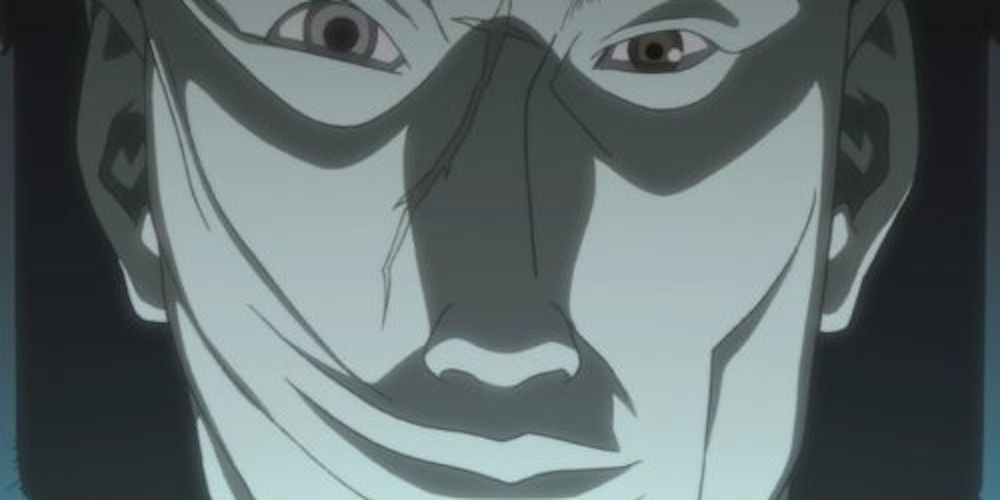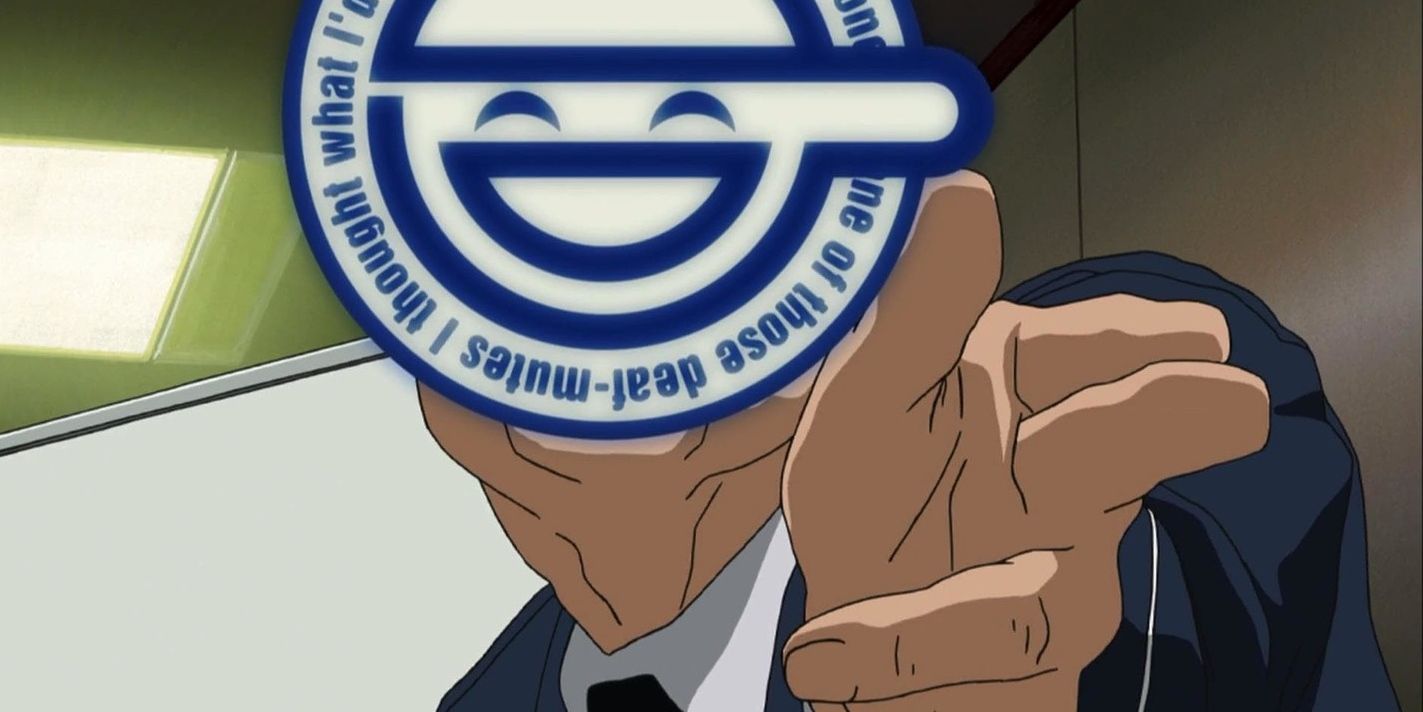Stand Alone Complex is arguably the finest manifestation of the Ghost in the Shell franchise because it doesn’t stray far from the familiar yet spends ample time developing the rich cyberpunk world and multifaceted characters. In many ways, the manifestation of Section 9 in Stand Alone Complex is the most memorable version, outside of development during certain impactful scenes from the first film. The overarching stories of both seasons became unique and influential cyberpunk tales that impacted the characters and viewers.
Ghost in the Shell: Stand Alone Complex’s first season has become infamous for the terrifyingly possible crimes of the Laughing Man and their distinct iconography. Following up from the Laughing Man arc would be challenging for any story. Ghost in the Shell did a fantastic job with the more emotionally impactful Individual Eleven arc in Season 2; however, while the Individual Eleven brought about intense character moments, it failed to capture the mystique and relatable terror of the Laughing Man.
The Imagery of Laughing Man Is Unforgettable; The Individual Eleven Are Forgettable
Creating a simple but distinct design for the Laughing Man made their presence memorable. The jarring appearance of the clean and flat smiley face overtop the complex and primarily realistic world of Ghost in the Shell provides the perfect contrast to make it stand out. While the Individual Eleven had a poignant symbol, it doesn't carry the same simplicity and disparity as The Laughing Man's, making it easily forgettable.
The Individual Eleven had a more physical presence than the Laughing Man, but their identities and effect on the world felt small. Highlighting media and chat room coverage, obsessing over the Laughing Man gave their impact some actual weight, as it felt like the acts of hacking and terrorizing were drastically altering the world. Even if the complexities of Stand Alone Complex Season 1 fade with time, aspects of the Laughing Man remain easily recognizable.
Gouda and the Individual Eleven Impact Is Too Twisted and Too Big to Feel Relatable
Corrupting people to manifest revolutionaries by creating social strife against the government and refugees and taking advantage of the disarray to make a new government feels like a proper supervillain plan. Relating to Gouda and his goals is impossible, even if hints of nationalism or individualism can resonate with certain parties. When his diabolical scheme comes to light and drives a wedge between him and his hopeful martyr, Kuze, Gouda loses all relatability.
The story around Hideo Kuze and his struggles added a stronger emotional pull for the Individual Eleven. Knowing that he overcame the computer virus and pursued the positive goal of helping refugees, even if it made him the perfect sacrifice for Gouda, made Kuze charismatic and likable. However, these positive traits don't happen until he breaks apart from the core entity, the Individual Eleven.
Laughing Man Feels Like a Possible Future Threat
Terrorist attacks and refugee issues are sadly commonplace in the world, but the super-villainous machinations of Gouda feel straight out of a James Bond film. On the other hand, the Laughing Man feels all too real and relevant. Misinformation, fake news and lying politicians have become more significant in the past two decades, with easy access to information without finding viable sources. In reaction to this corruption, hacker activists and terrorists are becoming more common.
Looking at the growing networks, AI technology and public fear of all political parties, it isn't hard to imagine a hacker or group of hackers rising, creating a presence similar to the Laughing Man. While human brains are not networked yet, the amount of things connected to a network is growing enormously every year, so humans could have more technological upgrades, making them vulnerable to hacking. The Laughing Man feels like a wake-up call and a warning -- something all too possible but somewhat avoidable.
Ghost in the Shell: Stand Alone Complex is an iconic and brilliant piece of cyberpunk fiction, with both seasons providing intense entertainment and food for thought. However, the overly cartoonish aspect of Gouda’s plot and presence made the Individual Eleven feel less poignant and triumphant than the Laughing Man story. The possibility for more cyber terrorism and internet-based attacks or manipulation is all too relevant, making even the weaker plots of Ghost in the Shell seem worthy of analysis or appreciation.




